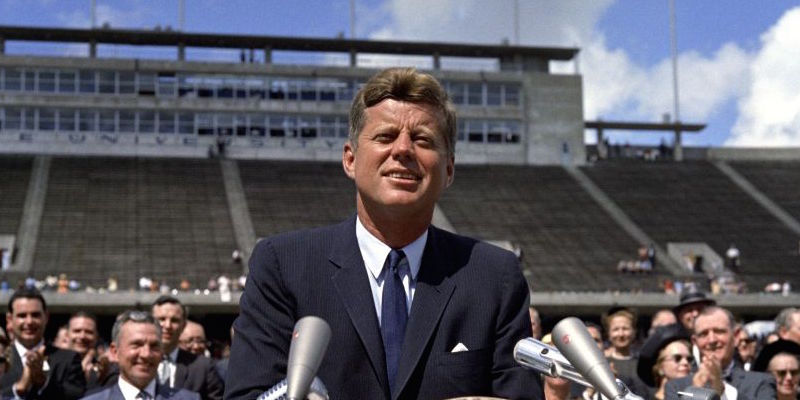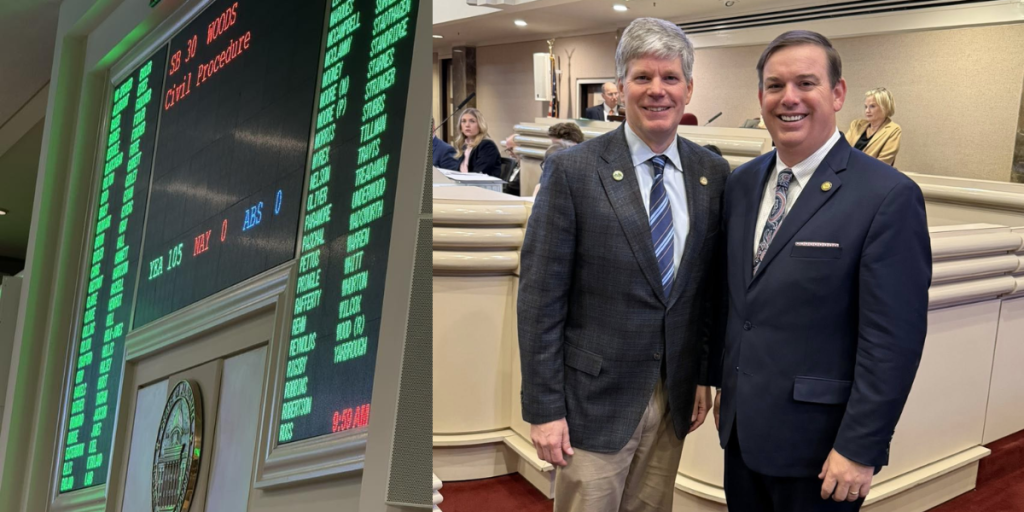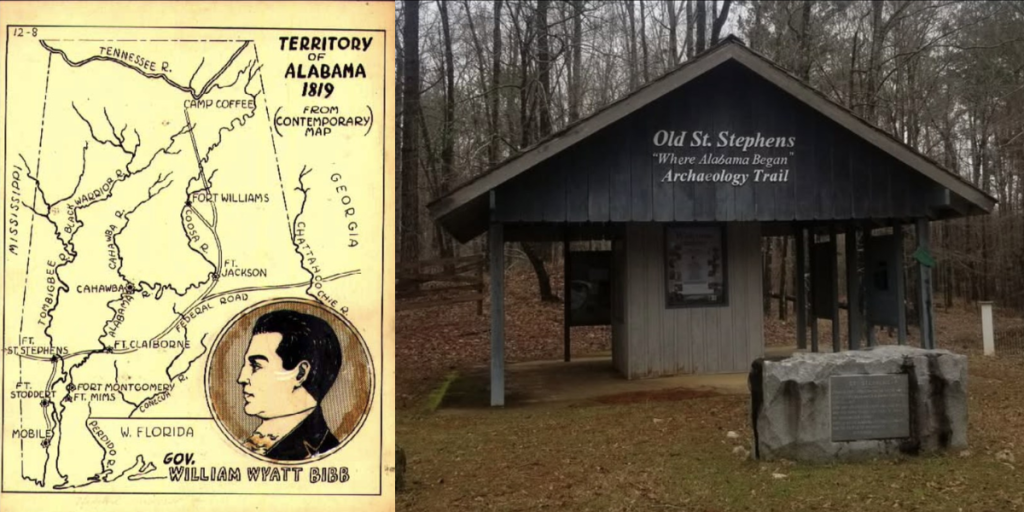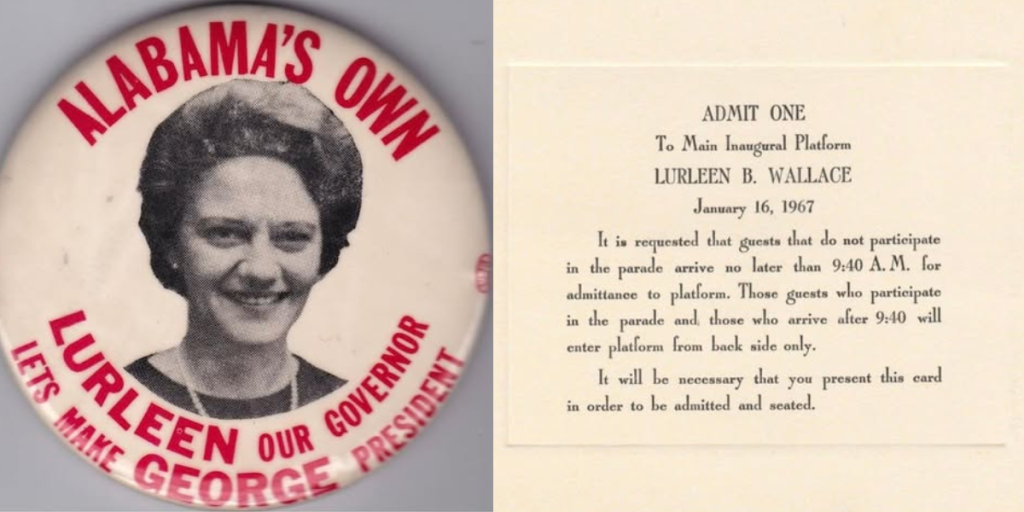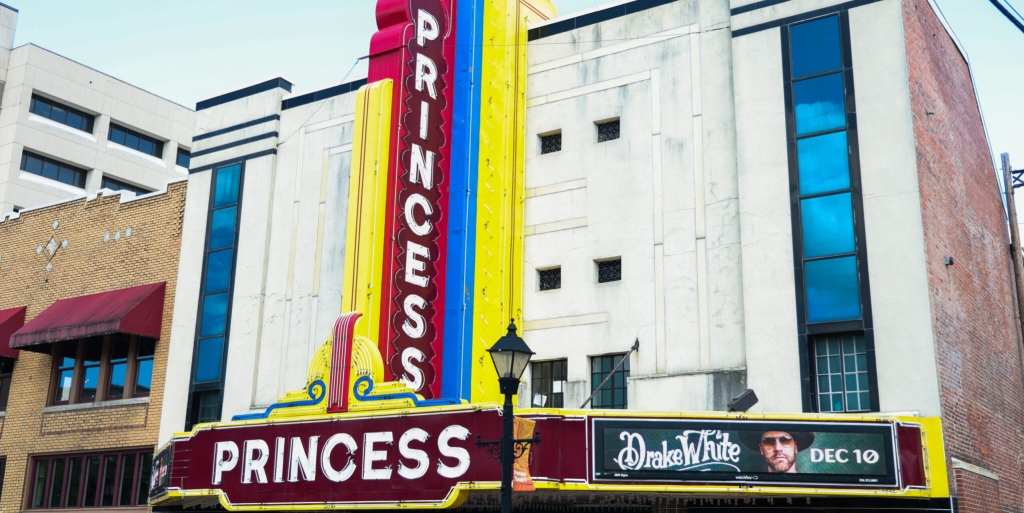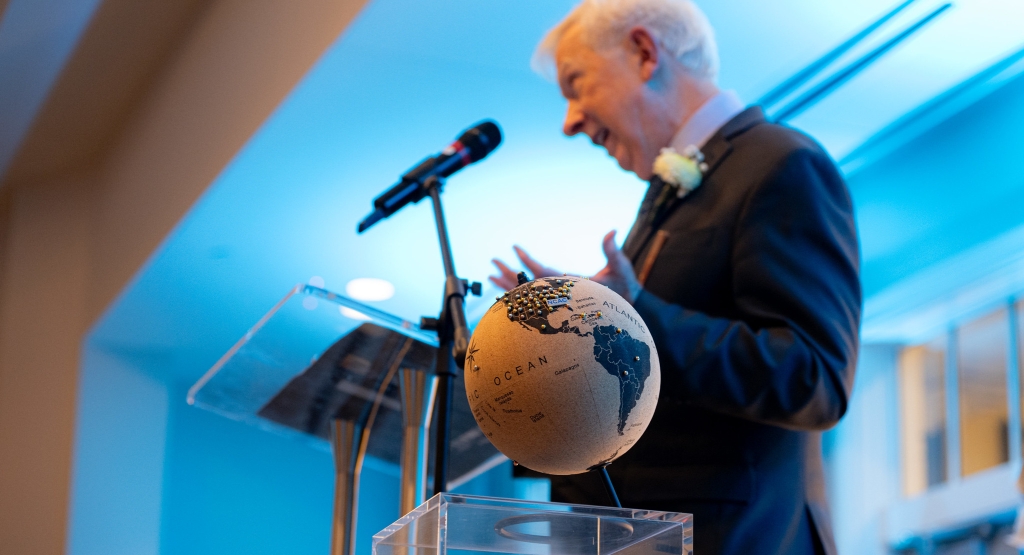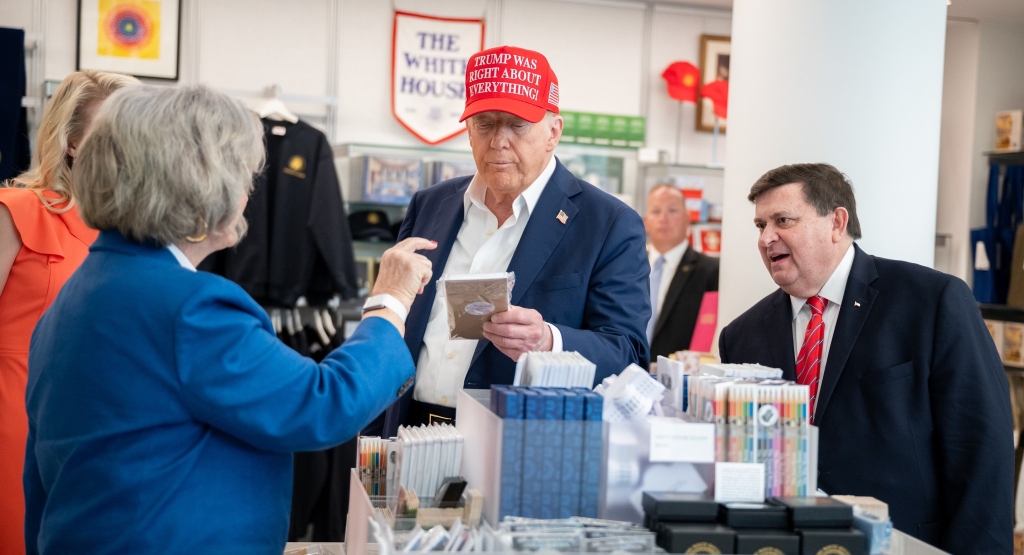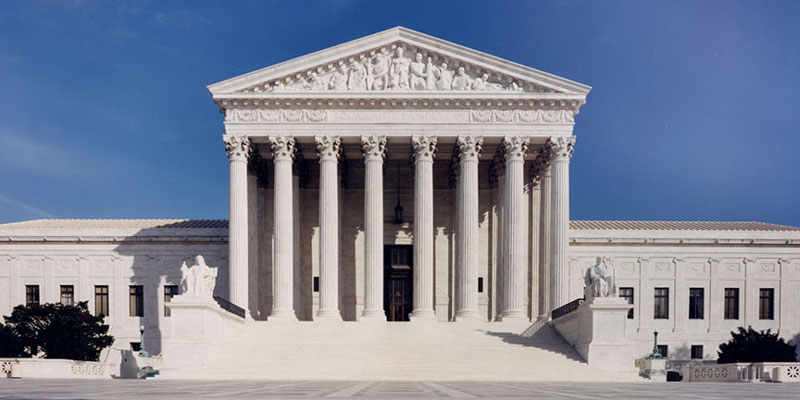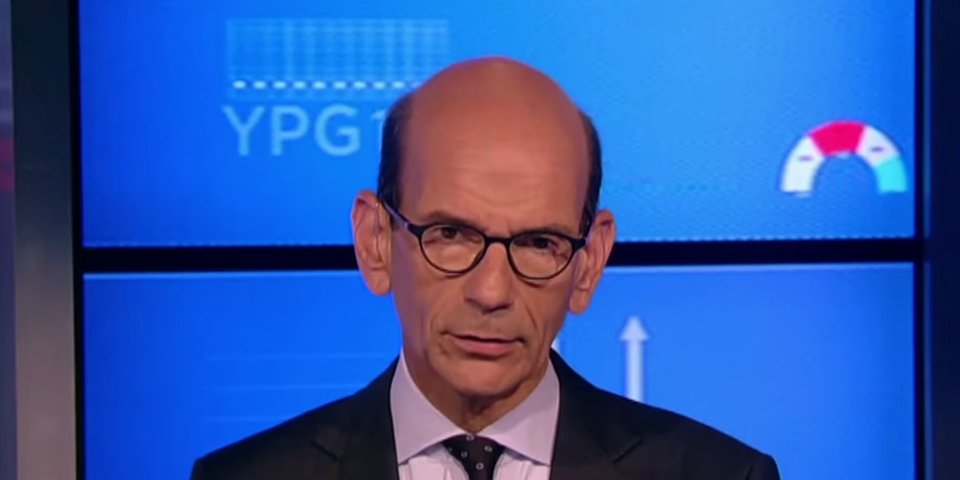CAMBRIDGE, Mass. — Although he served for less than one term, John F. Kennedy has become one of the country’s most revered and recognizable presidents. Decades after his tragic assassination, Americans still recognize the strong Boston accent that distinguished the voice of the thirty-fifth president in his iconic speeches. But before uttering such memorable lines as “ask not what your country can do for you, but what you can do for your country,” Kennedy stumbled through class presentations as a student at Harvard University.
This week, Harvard released the earliest known recording of Kennedy, from his sophomore year in 1937. The 20-year-old was required to give a speech for his English class, and he decided to discuss the recent nomination of Hugo Black to the U.S. Supreme Court.
Black represented Alabama in the U.S. Senate for ten years before becoming one of the most influential Supreme Court justices in American history. He was nominated to the court in 1937 by President Franklin Delano Roosevelt and was famous for his strict textual interpretation of the Constitution. He was born and raised in Ashland, Alabama and received his law degree from The University of Alabama.
Serving on the court from 1937 to 1971, he is the fifth-longest serving Supreme Court justice in American history. Although he went on to be a fairly consistent supporter of civil rights on the court, his nomination initially caused concern due to Black’s membership in the Ku Klux Klan, which he renounced publicly over the radio. But prior to that, Black drew national attention by fleeing to Europe immediately after being nominated.
Kennedy tackled this very topic in his speech to his classmates. “We all know the circumstances surrounding Mr. Black’s appointment to the Supreme Court. When Mr. Black received notice of his appointment to the Supreme Court, in a few days he went down and in secrecy took an oath of office. Then he went to Europe,” Kennedy said. “Maybe he was just in a hurry to get to Europe.”
When Black returned to the United States, he voted for some of the most significant civil rights cases of all time. For example, he voted with the majority in Brown v. Board of Education of Topeka Kansas, which ended segregation in public schools. Moreover, he went even further than his colleagues in Alexander v. Holmes County Board of Education in calling for “immediate desegregation.”
The recording of Kennedy’s speech is less than two minutes long, and researchers believe it does not include the entirety of his remarks. While he starts his speech confidently, he begins to falter and speak less clearly as it goes on. The future president ended up receiving a C+ in the course.
Kennedy’s speech was discovered in a collection donated to the University by former English F professor Frederick Clifton Packard, Jr. He began recording his students in the 1920s using various technologies in order to improve their public speaking. Harvard researchers digitally converted and remastered the speech for public consumption.




